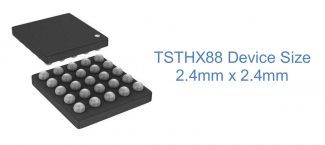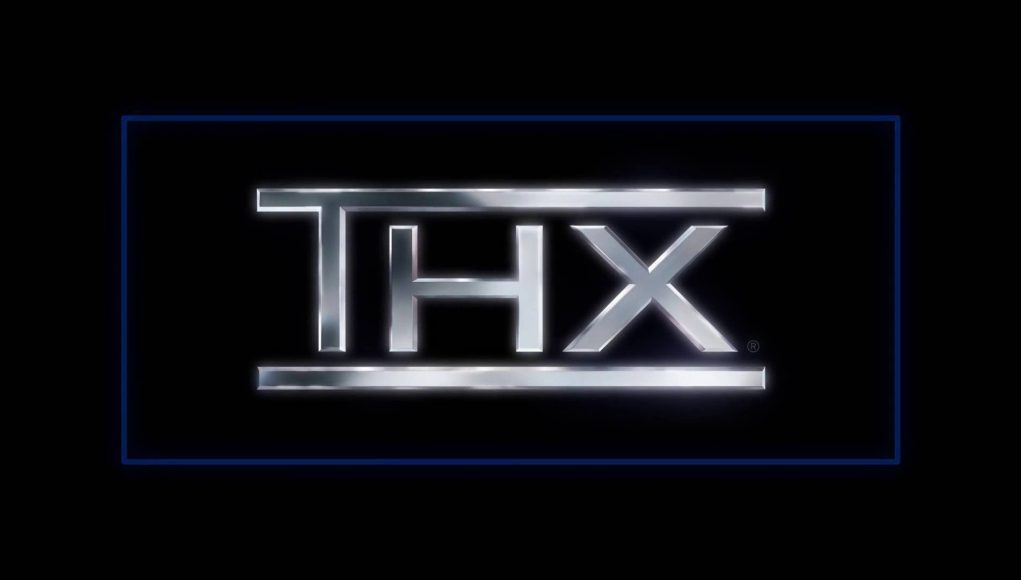THX has announced the development of a new audio amplifier chip which the company claims offers “the world’s lowest levels of distortion and noise,” along with “incredibly low power consumption,” positioning the amplifier for mobile VR headsets, wireless headphones, and VR PCs.
The THXAAA chip, as the company calls it, is an ASIC chip that’s being made in conjunction with Triad Semiconductor, a firm who has also worked with Valve to create components of the HTC Vive’s Lighthouse tracking technology.
The chip is an audio amplifier which THX claims “bests every other amplifier product in the marketplace.”
[The THXAAA] reduces harmonic, intermodulation, and crossover distortions by 20-100x for an unbelievably realistic and fatigue-free listening experience, and reduces power consumption by a factor of 10 for incredibly long battery life. THX AAA™ accomplishes this using a patented topology to cancel conventional distortion mechanisms and reduce bias current. THX AAA™ improves audio fidelity, shrinks battery size and extends playtime. The flagship THXAAA-0 amplifier boasts nearly un-measurable distortion of -137 dB, high output power of 63 mW, and only 5 mW of quiescent power consumption.
The low power consumption combined with high fidelity audio positions mobile VR among the THXAAA’s best suited applications, the company says.
Founded by famed Star Wars director George Lucas, in 1983, THX has traditionally functioned as a badge of quality assurance, giving their stamp of approval to studios, cinemas, consumer electronics, content, automotive systems, and more. The company was recently acquired by gaming lifestyle company Razer (who is a founder of the OSVR initiative). The THXAAA chip is the company’s first step into component offerings.

While the chip could be useful for mobile VR, it could also bring about THX-certified wireless headphones and ‘VR Ready’ PCs for high-end tethered VR headsets as well, says Reid Wender, Triad Semiconductor’s VP Marketing & Sales.
“For me, the three pillars of immersion in VR are 360 degree movement, visuals, and audio. I think VR will make people audiophiles again without them even knowing it. The AAA solution from THX is truly quiet when the source audio is quiet (low noise) and delivers sounds as they were created at the source (high fidelity). As VR goes wireless in the next couple of years, wireless headphones will be key,” Wender told Road to VR. “The THX AAA is quite disruptive to the audio amplifier market because it also uses low power over a wide dynamic range of audio levels. Lower power means longer battery life. This is a benefit that users in the VR and wireless headphone market will appreciate.”
THX and Triad plan to show off the first THXAAA solutions at CES 2017 next week.







